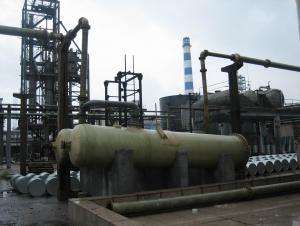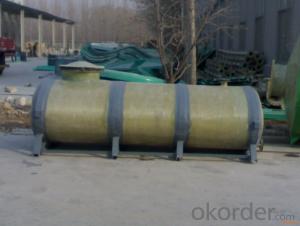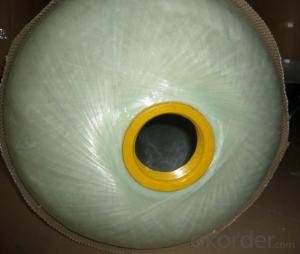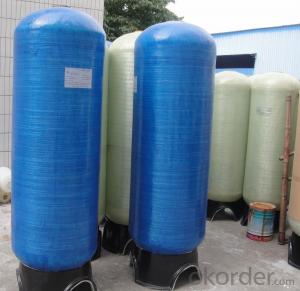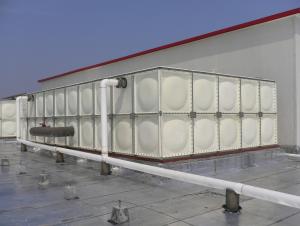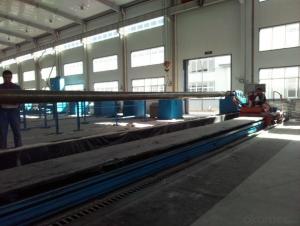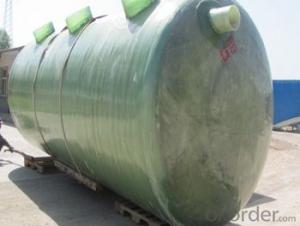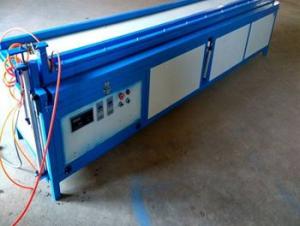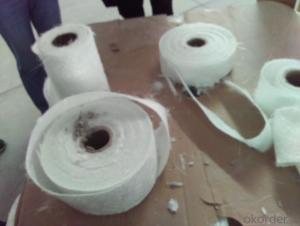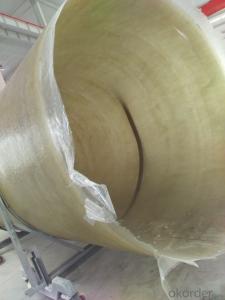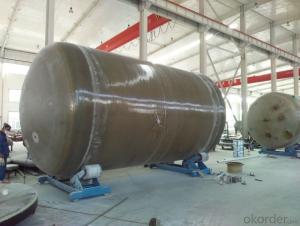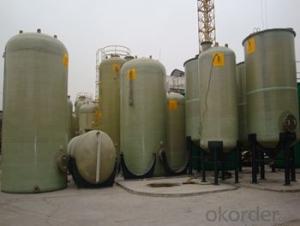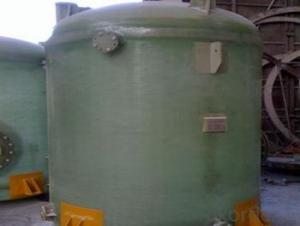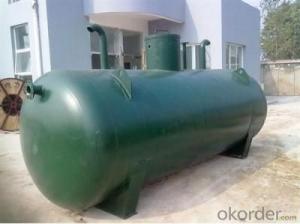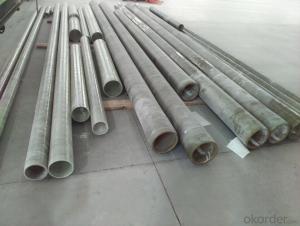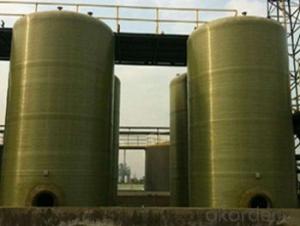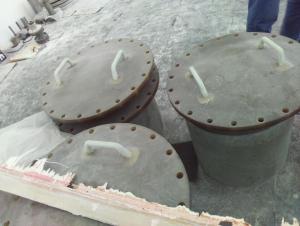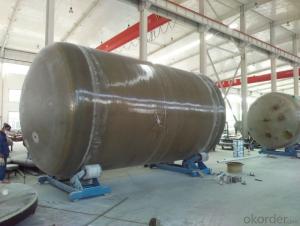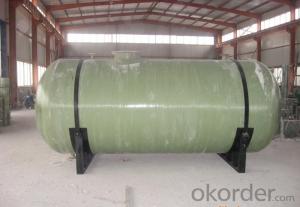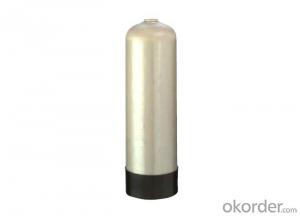All Categories
- - Steel Wire Rod
- - Steel Coils
- - Steel Profiles
- - Steel Pipes
- - Stainless Steel
- - Tinplate
- - Special Steel
- - Steel Sheets
- - Steel Rebars
- - Steel Strips
- - Hot Rolled Steel
- - Cold Rolled Steel
- - Pre-painted Steel
- - Seamless Steel Pipe
- - Welded Steel Pipe
- - Hollow Steel Tubes
- - Galvanized Pipe
- - Stainless Steel Coil
- - Stainless Steel Sheet
- - Stainless Steel Plate
- - Stainless Steel Strips
- - Electrolytic Tinplate Coil
- - Electrolytic Tinplate Sheet
- - Stainless Steel Rebars
- - Solar Panels
- - Solar Water Heater
- - Solar Related Products
- - Solar Inverter
- - Solar Cells
- - Solar Light
- - Solar Energy Systems
- - Solar Controllers
- - Solar Mounting System
- - Solar Pump
- - Solar Chargers
- - Fiberglass Chopped Strand
- - Fiberglass Mesh Cloth
- - Composite Pipes
- - FRP Pultrusion Profiles
- - Fiberglass Mat Tissue
- - Fiberglass Fabrics
- - Fiberglass Mesh
- - Composite Tank
- - Fiberglass Mesh tape
- - Polymer
- - FRP Roofing Panel
- - Fiberglass Roving
- - Monolithic Refractories
- - Ceramic Fiber Products
- - Refractory Bricks
- - Raw Materials For Refractory
- - Suspended Platform
- - Cranes
- - Concrete Machinery
- - Earthmoving Machinery
- - Building Hoist
- - Road Building Machinery
- - Plastic Pipe Fittings
- - Plastic Tubes
- - Plastic Sheets
- - Agricultural Plastic Products
- - Plastic Nets
 All Categories
All Categories
Q & A
Can composite tanks be adapted for use in the renewable energy sector for the storage of hydrogen gas?
Yes, composite tanks can be adapted for use in the renewable energy sector for the storage of hydrogen gas. Composite materials, such as carbon fiber reinforced polymers, offer several advantages for hydrogen storage, including high strength-to-weight ratio, corrosion resistance, and compatibility with hydrogen gas. These tanks can be designed to safely store hydrogen for various renewable energy applications like fuel cells, hydrogen fueling stations, or grid-scale energy storage.
How do composite tanks differ from traditional metal tanks?
Composite tanks differ from traditional metal tanks in several ways. Firstly, composite tanks are made from a combination of materials such as carbon fiber, fiberglass, and epoxy resins, while traditional metal tanks are typically made from steel or aluminum. This difference in materials results in composite tanks being lighter in weight compared to metal tanks, making them more fuel-efficient and easier to transport. Additionally, composite tanks have a higher strength-to-weight ratio, meaning they can withstand higher pressures and impacts while maintaining their structural integrity. Lastly, composite tanks are also more resistant to corrosion and can have better insulation properties compared to metal tanks. Overall, these differences make composite tanks a more advanced and efficient option in various industries such as aerospace, automotive, and energy storage.
Are composite tanks suitable for residential use?
Yes, composite tanks are suitable for residential use. They are lightweight, durable, and resistant to corrosion, making them a reliable option for storing water or other substances in a residential setting. Composite tanks are also easier to install and maintain compared to traditional materials like steel or concrete.
What are the unique challenges of storing cryogenic fluids in composite tanks?
Storing cryogenic fluids in composite tanks presents unique challenges due to the extremely low temperatures involved. Composite materials may be sensitive to thermal stress and can become brittle, potentially leading to structural integrity issues. Additionally, these tanks must be well-insulated to prevent heat transfer, as even a small increase in temperature can cause the cryogenic fluid to boil off rapidly. Proper material selection, design considerations, and insulation techniques are crucial to ensure the safe and efficient storage of cryogenic fluids in composite tanks.
Wholesale Composite Tank from supplier in Oman
We are a Composite Tank supplier serving the Oman, mainly engaged in the sale, quotation, and technical support services of various Composite Tank products in the Oman region. We are a subsidiary platform of the Fortune Global 500 company CNBM, able to provide you with one-stop Composite Tank procurement services in the Oman. Not only do we have a wide range of Composite Tank products, but after years of market development in the Oman, we can also provide valuable experience for your projects.
Hot Search
- Fiberglass Chopped Strand in Nepal
- Fiberglass Mesh Cloth in Cameroon
- Composite Pipes in Niue
- FRP Pultrusion Profiles in Turkey
- Fiberglass Mat Tissue in Venezuela
- Fiberglass Fabrics in Sweden
- Fiberglass Mesh in Papua New Guinea
- Composite Tank in Greece
- Fiberglass Mesh tape in Denmark
- Polymer in Indonesia
